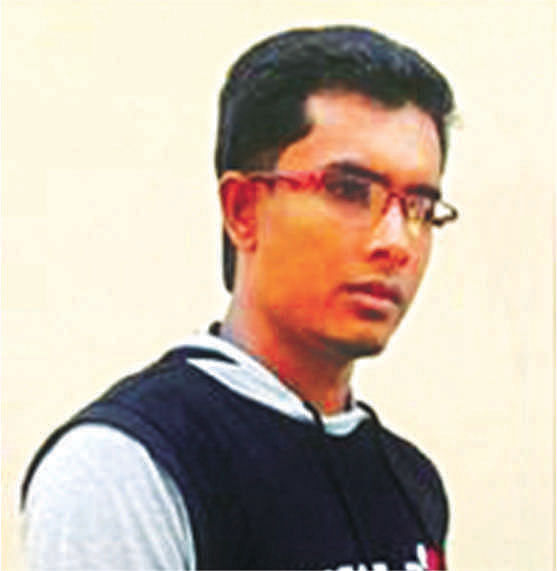Above the Law

Sumon Kumar Das was an unfortunate activist of Bangladesh Chhatra League (BCL). He was shot dead in a fierce fight between two BCL factions at Shahjalal University of Science and Technology (SUST) on November 20. After his death, BCL president HM Badiuzzaman Shohag claimed that Suman was never involved in BCL politics. What Shohag claimed was not true. Anjan Roy, vice president of the BCL unit of SUST, however, said that Sumon was an activist of the BCL's Sylhet International University (SIU) unit. Later senior Awami League leader Suranjit Sengupta also said he knew Sumon's family well. He said Sumon's family members were into AL politics and Sumon was a member of the BCL, a statement for which Suranjit was criticised by some BCL leaders. It is indeed unfortunate that Sumon's death, which is an irreparable loss for his parents, has put him into some kind of controversy.

The story refuses to end here. After the clash, local police rounded up 22 BCL men from different areas across Sylhet city in connection with the clash and recovered a revolver and 17 machetes from a BCL activist's house near the campus. In the capital, the BCL president at the press conference blamed “outsiders and some expelled BCL men” for the violent clash. People find it hard to believe what the BCL says. But his claim has made it clear that the BCL leadership has put the blame on others to save its unruly members.
It is difficult for the BCL, the student wing of the AL, to cite an example which has brightened the image of the AL-led government in the last six years. But one will be able to recall numerous violent incidents involving BCL men through which the party has successfully tainted the image of the government. In the last six years, the BCL men have engaged in intra party conflicts and have clashed with rival parties for about 432 times. In the intra-party conflicts 39 BCL men were killed, according to a report published in daily Prothom Alo on November 22. Tender manipulations, extortions, and establishing supremacy in the educational campuses were among the reasons behind the violent incidents. But the government in most of the cases has refrained from taking punitive measures against the culprits. Even in some occasions, the government has blindly tried to defend the unruly BCL men. The way the prime minister's office had tried to save the BCL men who brutally killed Biswajit Das in December 2012 in the old part of the capital has been one of its glaring examples.


Considering the criminalisation in student politics, the Election Commission in 2008 in its proposals for electoral reforms has suggested that the political parties willing to get registered with the EC must sever their relations with their student organisations. But the AL had also strongly opposed the electoral reform proposal seeking to force the AL to severe relations with the BCL. The BNP had followed the AL to oppose the electoral reform proposal. The EC's move has therefore, failed.
The crucial question is why do the AL and the government still support the unruly BCL men and refrain from taking punitive actions against them? Some critics say that a ruling party, be it AL or BNP, needs a student organisation and its armed cadres to foil any possible student movement against the government. Does the AL-led government want the the BCL as mere cannon fodder? Is it for this the AL and the government have been allowing the unruly BCL men to stay above the rule of law?
The writer is Senior Reporter, The Daily Star.

 For all latest news, follow The Daily Star's Google News channel.
For all latest news, follow The Daily Star's Google News channel. 



Comments